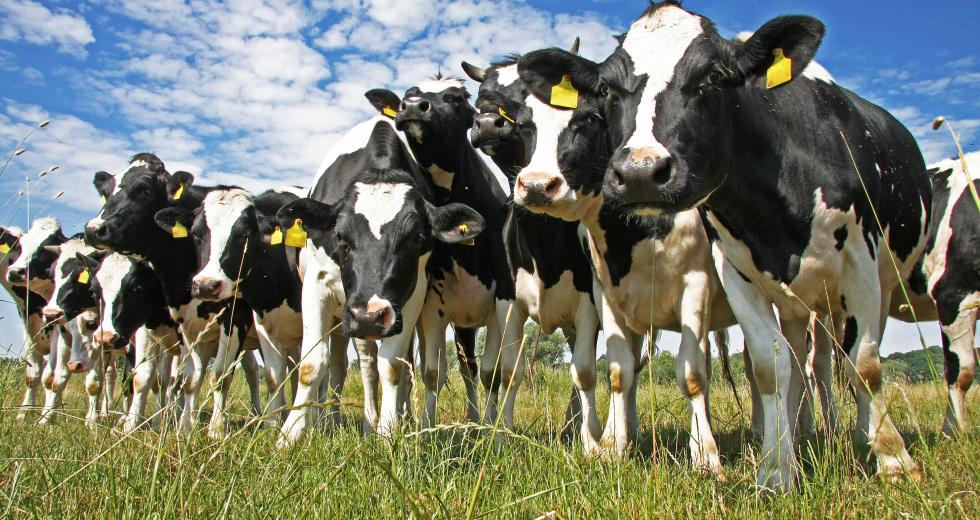California just passed a bill to sharply limit the use of antibiotics in farm animals, making it the first state to ban the routine use of the drugs in animal agriculture.
The law signed by Gov. Jerry Brown on Saturday bans medically important antibiotics to promote growth in cows, chickens, pigs, and other animals raised for profit. Meat producers will only be able to administer the drugs with the approval of a veterinarian when animals are sick, or to prevent infections when there’s an “elevated risk.” They can’t use the drugs “in a regular pattern.” The policy is more restrictive than the FDA’s national guidelines, which don’t restrict use for disease prevention.
Overuse of antibiotics, both in medicine and in animal agriculture, contributes to the rise of drug-resistant superbugs that kill 23,000 Americans each year and sicken 2 million. Brown vetoed a weaker bill last year. The new law is a win for consumer and environmental advocates who have sought tougher rules for years.
The state’s meat and poultry associations stayed neutral on the bill. No one was squawking about heavy-handed regulation or government interference. Just seven lawmakers voted against it.
“I think the bill is basically doing something that we in California have been doing all along, which is phasing out antibiotic use,” said Bill Mattos, president of the California Poultry Federation, which represents large poultry farmers. “It’s something that the industry is living with. We’re happy to get this bill the way it is, and I think we’re going to see more of this.”
Not long ago, changing the practices of the livestock industry looked like a long-shot battle for consumer advocates. In 2010, national meat industry groups briefing Washington lawmakers doubted the science connecting antibiotics on the farm to resistant superbugs, and defended antibiotics to “improve the efficiency of beef production.”
But consumer demand is driving more companies to kick the antibiotic habit. In March McDonald’s announced plans to stop selling chicken raised with antibiotics. One of its suppliers, Tyson Foods, made a similar commitment the next month. Foster Farms and Perdue are cutting back too. Wal-Mart is asking suppliers to do the same.
“I think we’re seeing the marketplace change, and this legislation will continue to push it in that direction,” said Jason Pfeifle, public health advocate at the California Public Interest Research Group, a consumer group that supports the new law.
Small cattle ranchers in rural areas may have a harder time getting medicine approved by a veterinarian, said Justin Oldfield, vice president of government relations at the California Cattlemen’s Association. But he rejected the notion that the bill would force producers to change their practices much, suggesting advocates exaggerated how often the drugs were used. “We’re not routinely feeding animals [antibiotics] all the time for disease prevention,” he said. “We care about antibiotic resistance, just like everybody else does.”



